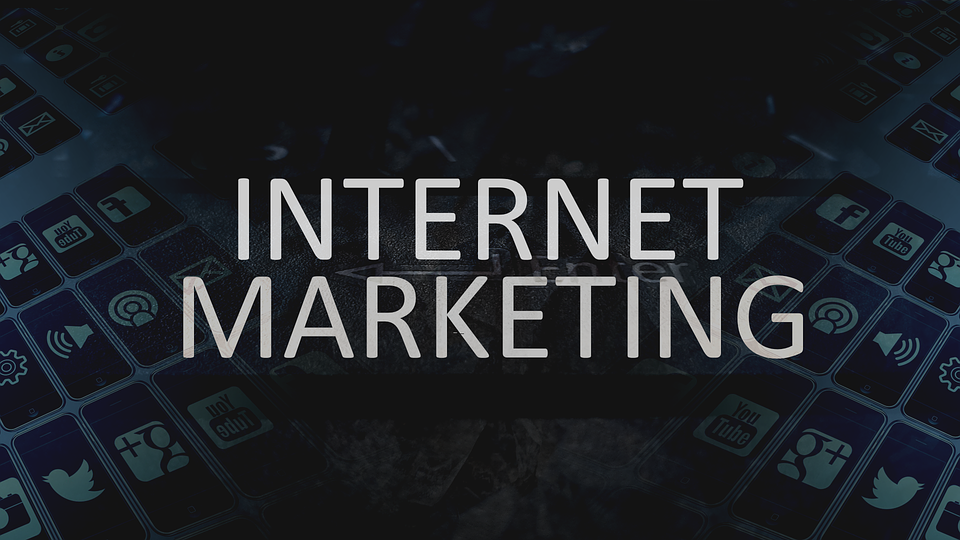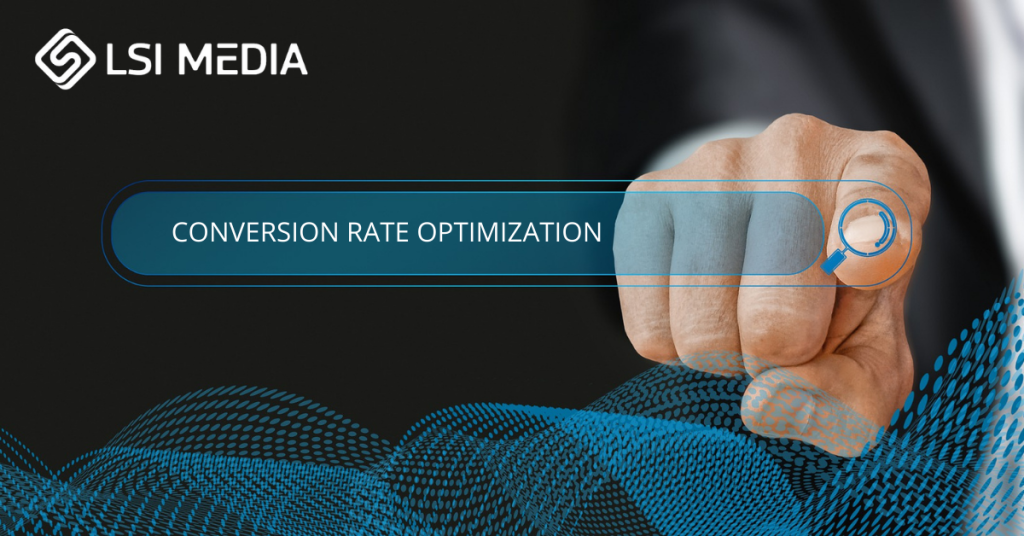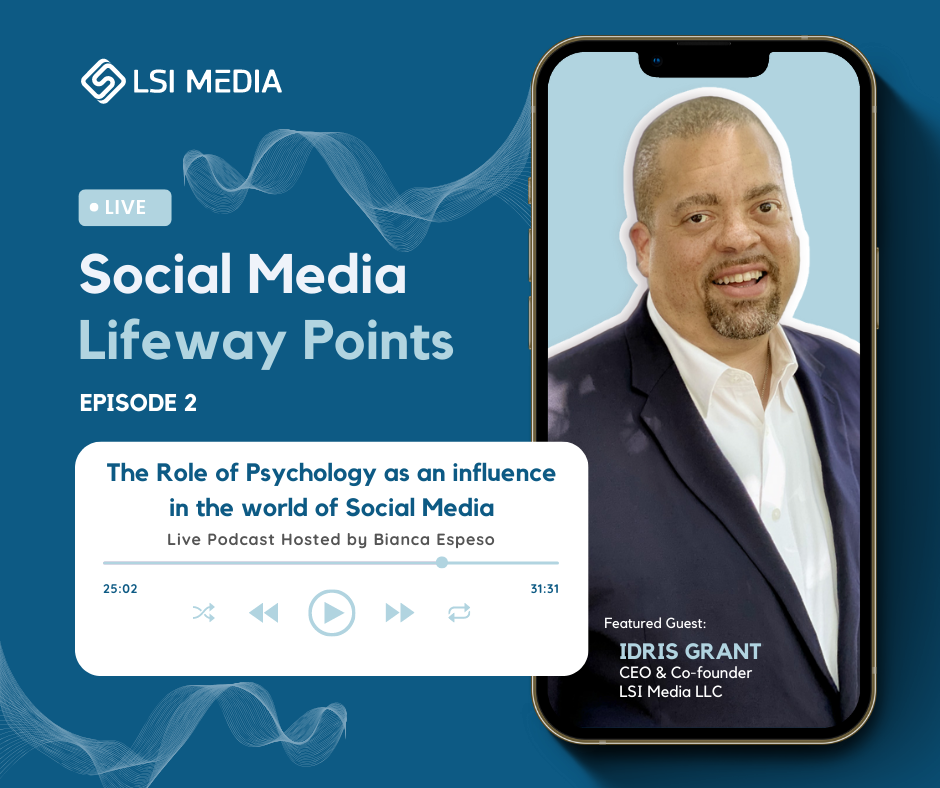[ez-toc]
Today’s marketing sector has changed dramatically as the Internet has become so pervasive in our daily lives. Digital marketing is now a reality thanks to online technologies like social media, e-mail, search engines, and other websites.
Internet or electronic device-based digital marketing encompasses all types of marketing activities. Businesses use a variety of digital channels to communicate with past, present, and future clients all over the world.
Digital marketing misunderstandings and myths, on the other hand, frequently impede the effectiveness of this valuable marketing tool. Many myths about digital marketing prevent business owners from using it to its full potential and selling their products and services online.
A few long-held myths about digital marketing have been debunked after a thorough re-examination. In this post, we’ll try to dispel some common myths about digital marketing, hoping that they’ll encourage more business owners to use digital marketing to help their businesses products and services stand out.
Common Internet Marketing Myths You Should Know
It’s not enough to have a single social media profile.
Do you believe that having a Facebook profile is sufficient for your business? No, if you continue to believe in this misconception, your firm will fail soon. It’s essential to be present on all the major social media networks to maximize your chances of seeing as many people as possible. Without a presence on social media, you’re losing out on a lot of potential customers. As a result, be sure to maintain multiple social media profiles to appeal to a wide range of potential customers.
The importance of content marketing doesn’t have that much importance.
Does content marketing, in your opinion, is not that vital in digital marketing? If you believe this, your company will soon experience a significant fall. Come on, folks, everything is now online, and content marketing is the only way to notify people about your items. Don’t think you’ve already won the market just because you have a website up and running.
To improve your search engine ranking, you must continually create and submit new material. Content marketing, without a doubt, fosters consumer confidence. Individuals are more likely to read, share, and interact with content transmitted by others, especially those with whom they have a strong sense of trust.
In Multiple Channels, a One Size Fits All Approach
Social media marketing, e-mail marketing, content marketing, and other methods can all benefit from what works in SEO. When confronted with a problem, business people seek straightforward, unambiguous solutions. Because of this, many articles are named “The Definitive Guide” or “Keys to a Successful Campaign,” as though they were created expressly to address their concerns. It’s a sad truth, but there aren’t any easy tricks to successful internet marketing, let alone a template that can be used across all digital marketing strategies.
As a result of the tactics available for gathering insights about their campaigns on each channel, from SEO to social, organizations may use data monitoring strategies, making adjustments along the way. To get the most out of every digital channel you use in digital marketing, you need to become adept at tracking your data.
Search engine optimization (SEO) is no longer relevant.
This is yet another widely held misconception in the digital marketing community. Online marketing relies heavily on Search Engine Optimization (SEO). Many webmasters and marketers believe that search engine optimization (SEO) is dead, and as a result, they don’t use it in their business. However, let me assure you that this is not the case; SEO is a critical component of digital marketing that will not be replaced.
There is no doubt that if you combine SEO with digital marketing, you will see a significant increase in organic search results. With the correct SEO strategy, you may draw customers from all over the world, not just your neighborhood.
I’m already on social media. I don’t need a website.
What gives you the right to think that way? Having merely a presence on social media will not help your career in any way. I’m not saying social media is a negative thing; on the contrary, it’s a fantastic digital marketing tool. Social media, on the other hand, will never be able to replace web pages entirely.
Being in the digital marketing industry necessitates the development of a high-quality website that is laser-focused on the company’s strategies and that customers can easily and quickly reach. However, you must ensure that your website is regularly updated to ensure a successful commercial outcome. Aside from that, maintaining low-quality websites won’t trick Google, and Google will penalize you for it by lowering your website’s position in the search engine results.
E-mail Marketing is Dead
This is a common misconception, much like search engine optimization (SEO). E-mail marketing is likewise dead, according to many who claim SEO is. What’s the reasoning behind this assertion? The most common fallacy among businesses is that if they use e-mail marketing, their clients will classify their messages as spam. However, the poll results show that most consumers check their mailbox between three and five times per day.
E-mails categorized as spam can be remedied by sending out e-mails with relevant content like a discount code. E-mail marketing, on the other hand, is the most effective and dependable marketing platform. As a result, don’t merely disregard the situation.
Digital marketing is only available to large corporations.
Let’s face it, and let’s dispel this one as well. Digital marketing, according to some, is only relevant to large corporations. Do you agree with this assessment? Digital marketing is no doubt competitive, but large companies can handle it. However, this does not mean that small businesses cannot cope.
Digital marketing applies to both small and large companies. Customers can be engaged and communicated with without the use of a call center. In reality, you don’t need to have a physical store to sell your products globally. As a result, don’t think about it any other way and incorporate it into any business instead!
Digital marketing requires a high level of technical proficiency.
The following digital marketing myth is that it is highly technical and necessitates the use of computer expertise. Digital marketing is more than just a technology; it’s about having solid marketing skills. You don’t have to be an expert in digital marketing to get started; you need to grasp marketing methods and business ambitions. The likes of YouTube are even available to assist you in learning about the contents of the site.
There’s no need to make websites mobile-friendly
In digital marketing, this is by far the most dangerous myth that people believe in. The vast majority of individuals now uses smartphones to do Google searches and make online purchases. What are their methods for accomplishing this? Right, by utilizing mobile devices.
When everyone has smartphones, no one will use PCs or laptops to make online transactions. As a result, if your website isn’t mobile-friendly, customers will go elsewhere. In other words, failing to optimize your website for mobile devices will significantly lose clients.
Negative feedback will harm your business.
Negative comments can hurt your company’s reputation, but only if there are more of them than positive variety. However, you do not have to be concerned about negative feedback from dissatisfied customers. The problem is that your way of thinking must be altered.
You only need to learn how to deal with criticism. Don’t be afraid to respond respectfully when you receive critical feedback. Customers will cause you a lot of trouble if you become overly emotional in response to something that offends you.
I’ll get marketing assistance from a colleague.
There’s a good chance you have colleagues that are well-versed in digital marketing. However, depending on them to help you grow your company might be harmful. There’s no denying they’re savvy business people when it comes to marketing. Is it true that they know your target audience better than you do? How well do you understand your customers’ needs, goals, and the unique issues your firm helps to address for them? Humans are primarily emotional, with cognitive faculties coming after that.
Inbound and outbound marketing initiatives are built on this premise. Emotional appeal is the key to successful marketing. While your colleagues in marketing may follow the rules to the letter, they may have difficulty connecting with your target audience. Instead of a mechanical method, marketing is an emotional journey with a purpose.
The sole purpose of marketing is only to bring in new customers.
The primary goal of almost any marketing campaign is to bring in new customers. However, this does not rule out other factors. Most companies feel their marketing strategies are ineffective when lead generation declines. In other words, it’s a general answer to a particular issue. Businesses miss the fact that they must devote as much time and resources to lead nurturing programs as to marketing to convert leads.
Although they are separate steps in the same process, they aren’t incompatible. Long-term customers should be the focus of your business strategy. The 80/20 rule applies in this situation. The people who promote your products and services to others are the ones who will help you market your business. Please pay attention to them and look after them.
It’s too difficult to quantify and evaluate.
This is frequently the case when companies lack basic operational knowledge. A company’s initial experience with analytics will likely be overwhelming when diving into digital marketing. And if you’re not familiar with analytics, they can be downright perplexing. However, the overwhelming amount of information might be discouraging. As soon as you start digging into the specifics, data starts telling stories. However, analytics might become your closest buddy if you become comfortable with them.
Many parts of your marketing initiatives can be better understood with their help. Analytics allow you to see how your content responds to your users and whether or not it has the desired effect. You can adjust your business strategies and put them into action based on the results of your analytics. New real-time data analysis applications emerge every day, improving real-time data analysis. You can see how many people have seen and reacted to your postings by using social media sites like Facebook, Twitter, and Instagram.
Our target customer isn’t active on the web.
This sentence could have been true ten years ago, but not now. However, as demonstrated above, a great deal can occur in ten years. The idea that your ideal customer isn’t using the Internet is ridiculous in today’s day and age. It’s pretty unlikely that your ideal customer isn’t using digital or social media. As more people use mobile devices, access to the Internet has widened dramatically. Because of this, more customers are looking for businesses that can suit their unique requirements.
In reality, the scales have tipped in favor of the customer. No longer must customers look for a firm that meets their needs. Companies are now searching for customers whose requirements they can meet owing to digital marketing. Do you genuinely believe you won’t be able to locate your ideal customer on the Internet in this situation? When it comes to being a marketer, ignorance is no pleasure at all. However, many marketers have been duped by shaky data and have lost out on valuable income and clients as a result.
Even seasoned pros are still learning about digital marketing, so we’ll leave you with this truth as our final statement. Their popularity and growth have increased at an astronomical rate in recent years, and this appears to be a trend that will continue indefinitely. Marketers will rely on it going forward, and we’re lucky to be here to see it blossom. So seize the opportunity and stop being a spectator and start taking part!
Without supervision or collaboration, campaigns can nevertheless be successful.
Even with no involvement or participation from your organization, outsourced digital marketing efforts can provide outcomes. Outsourced digital marketing may only be successful if a company understands the need for teamwork throughout the entire partnership. For an outsourcing relationship to work, each party must bring its own strengths to the table. They must use their knowledge, abilities, and tools to create, implement, monitor, and improve new business generation initiatives for the organization they work for.
To further enhance their employees’ skills, the agency’s management must regularly coach and supervise its employees and take necessary actions. The last step is for clients to provide detailed information about their brand, product, or solution to the agency. The agency will then set goals and make recommendations based on the outcomes. It’s only fair that the digital marketing agency should have a thorough understanding of the business procedures and goals of the company it will be promoting and the brand it represents.
Traditional marketing is more complicated than digital marketing.
Digital marketing isn’t a quick fix for increasing your company’s competitiveness. In comparison to traditional marketing, digital marketing has a much simpler approach; all you have to do is put up a website, develop and publish content, run sponsored advertising, and you’re done! This method, like traditional marketing, necessitates a considerable amount of effort, much of it highly technical. To be sure, tarpaulin advertisements and giving out photocopied brochures are still effective in the physical world.
Still, digital marketing relies more on connection, engagement, and interaction with target audiences and brand followers. These achievements are far more challenging to do. Because there are so many myths about digital marketing out there, staying informed and up to date is critical if you want to avoid falling into these pitfalls.
A digital marketer can only be successful if they have a ton of visitors.
This is the final myth that needs to be dispelled. It’s a common misconception that having many visitors to one’s site will automatically translate into financial success for the marketer. However, I have a question for all of you: What good is traffic that doesn’t turn into sales leads? Let’s say you run a website, and you get a lot of traffic, but no sales leads come from it. Is there anything in it for you if so much traffic comes your way? You won’t be successful because digital marketing is all about focusing on the right clients and generating more sales leads. I trust you got what I was trying to communicate.
To Summarize
There are several misconceptions about digital marketing services that need to be debunked. Firstly, many people believe that digital marketing is only meant for large businesses with extensive budgets. However, this is far from the truth as digital marketing can be tailored to fit the needs and budget of businesses of all sizes.
Secondly, some individuals think that digital marketing is a one-time effort that yields immediate results. In reality, digital marketing is an ongoing process that requires consistent effort and optimization to achieve long-term success.
Thirdly, there is a misconception that digital marketing is solely focused on social media platforms. While social media is an important component of digital marketing, it is just one aspect of a larger, more comprehensive strategy.
Finally, some people believe that digital marketing is only relevant to certain industries or niches. This is incorrect, as digital marketing can benefit businesses across various industries and sectors. As the digital landscape continues to evolve, it is important to stay informed and up-to-date on the latest trends and strategies in order to maximize the effectiveness of digital marketing efforts.
By dispelling these misconceptions and embracing the true potential of digital marketing, businesses can unlock new opportunities for growth and success.
FAQs:
1. What is digital marketing?
Digital marketing refers to the promotion of products or services through various digital channels such as search engines, social media platforms, email, and websites. It encompasses a range of activities aimed at reaching and engaging with a target audience online.
2. Is digital marketing only for online businesses?
No, digital marketing can benefit both online and offline businesses. While online businesses heavily rely on digital marketing to drive website traffic and generate online sales, offline businesses can also leverage digital marketing techniques to increase brand awareness, target local customers, and drive foot traffic to physical stores.
3. Do I need a large budget for digital marketing?
No, digital marketing can be tailored to fit various budgets. While having a larger budget can allow for more extensive campaigns and faster results, digital marketing strategies can be customized based on your budget constraints. For instance, you can focus on targeted organic search engine optimization (SEO) efforts, cost-effective social media marketing, or email marketing campaigns to achieve your objectives within a limited budget.
4. Can digital marketing replace traditional marketing methods?
No, digital marketing should be seen as a complement to traditional marketing methods rather than a replacement. Traditional marketing methods, such as print advertising and television commercials, still have their place and can be effective in reaching certain target audiences. However, incorporating digital marketing strategies allows for a wider reach, better targeting, and real-time tracking and measurement of marketing efforts.
5. Do I need to hire a digital marketing agency?
It depends on your business goals, resources, and expertise. Hiring a digital marketing agency can bring specialized skills, industry knowledge, and access to various tools and technologies. They can help develop and execute effective digital marketing strategies tailored to your business needs. However, if you have the necessary knowledge and resources in-house, you can choose to handle your digital marketing efforts internally.
6. Can digital marketing deliver instant results?
While digital marketing can be highly targeted and measurable, it generally takes time to see significant results. Building online visibility, brand reputation, and a loyal customer base requires consistent effort and ongoing optimization. Immediate results can be achieved through paid advertising campaigns, but long-term success often comes from a combination of organic and paid digital marketing strategies.






















